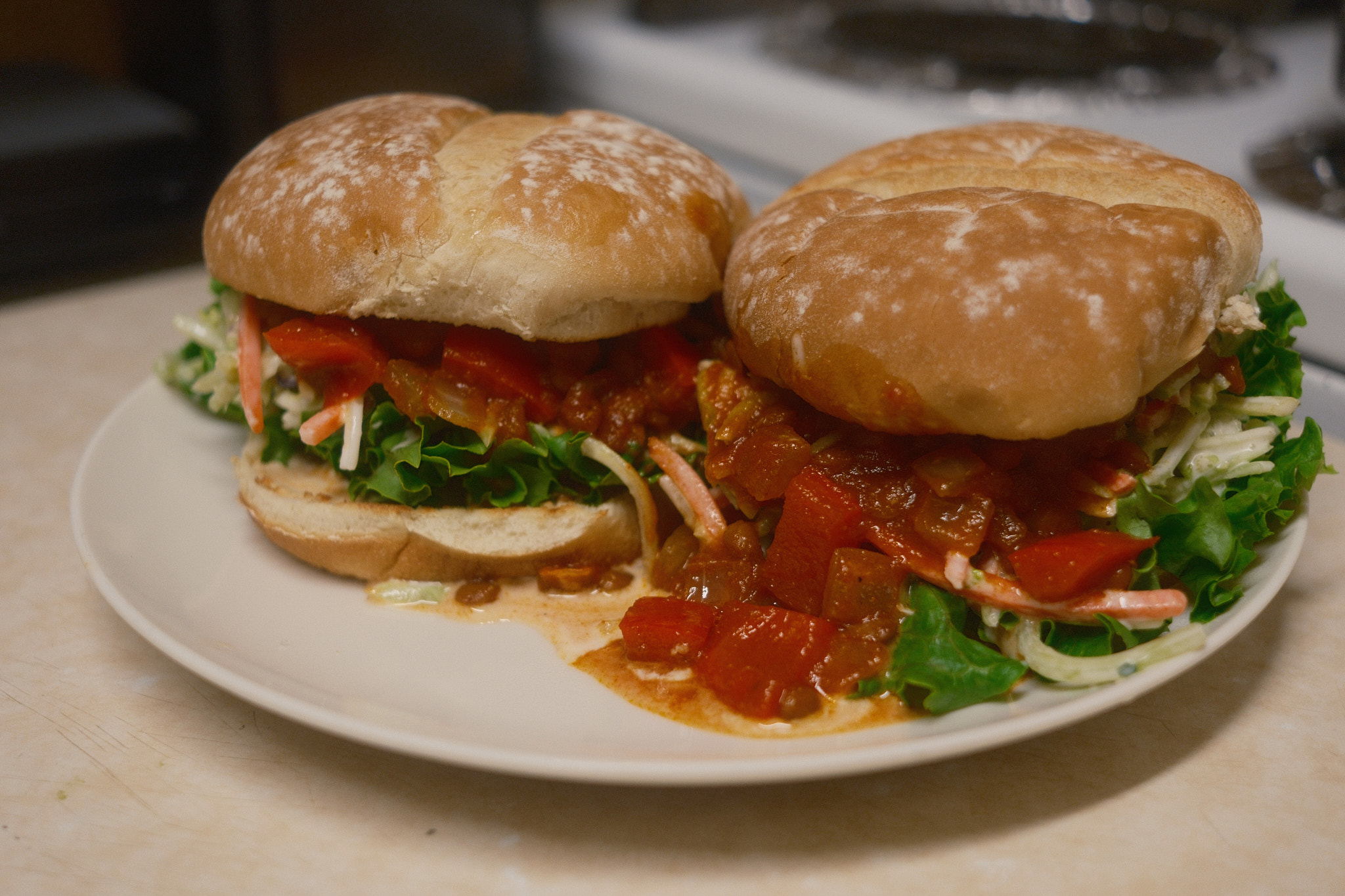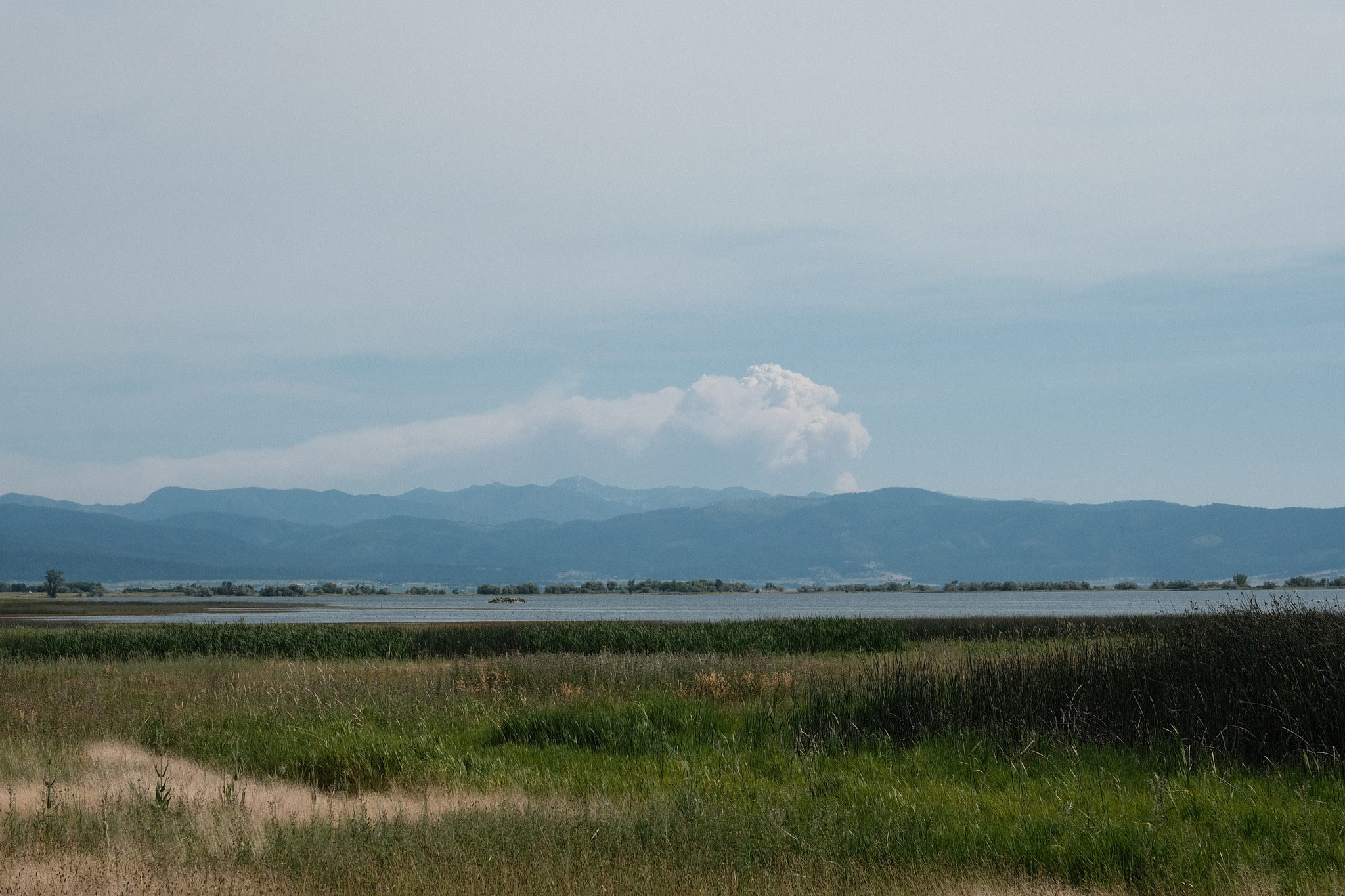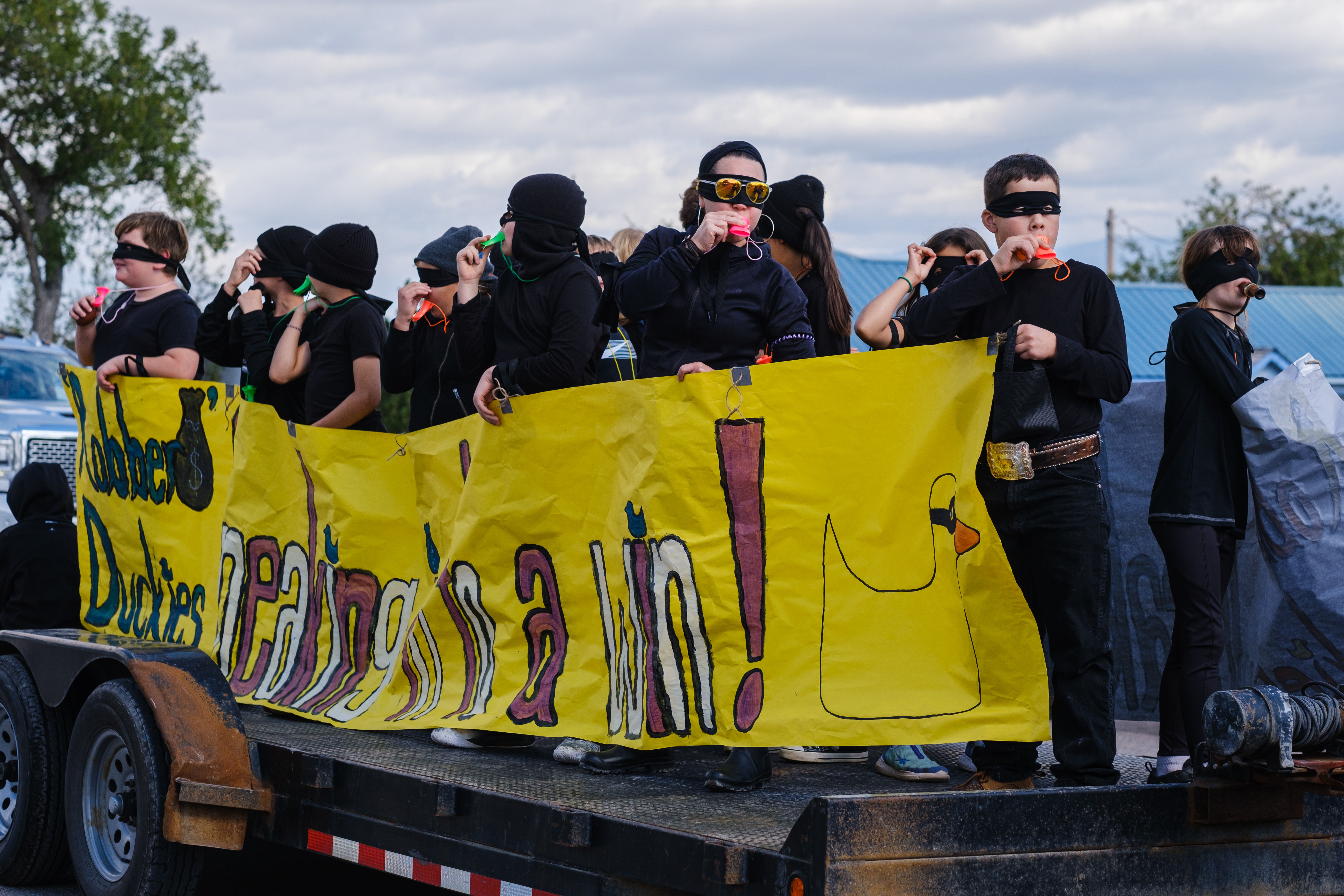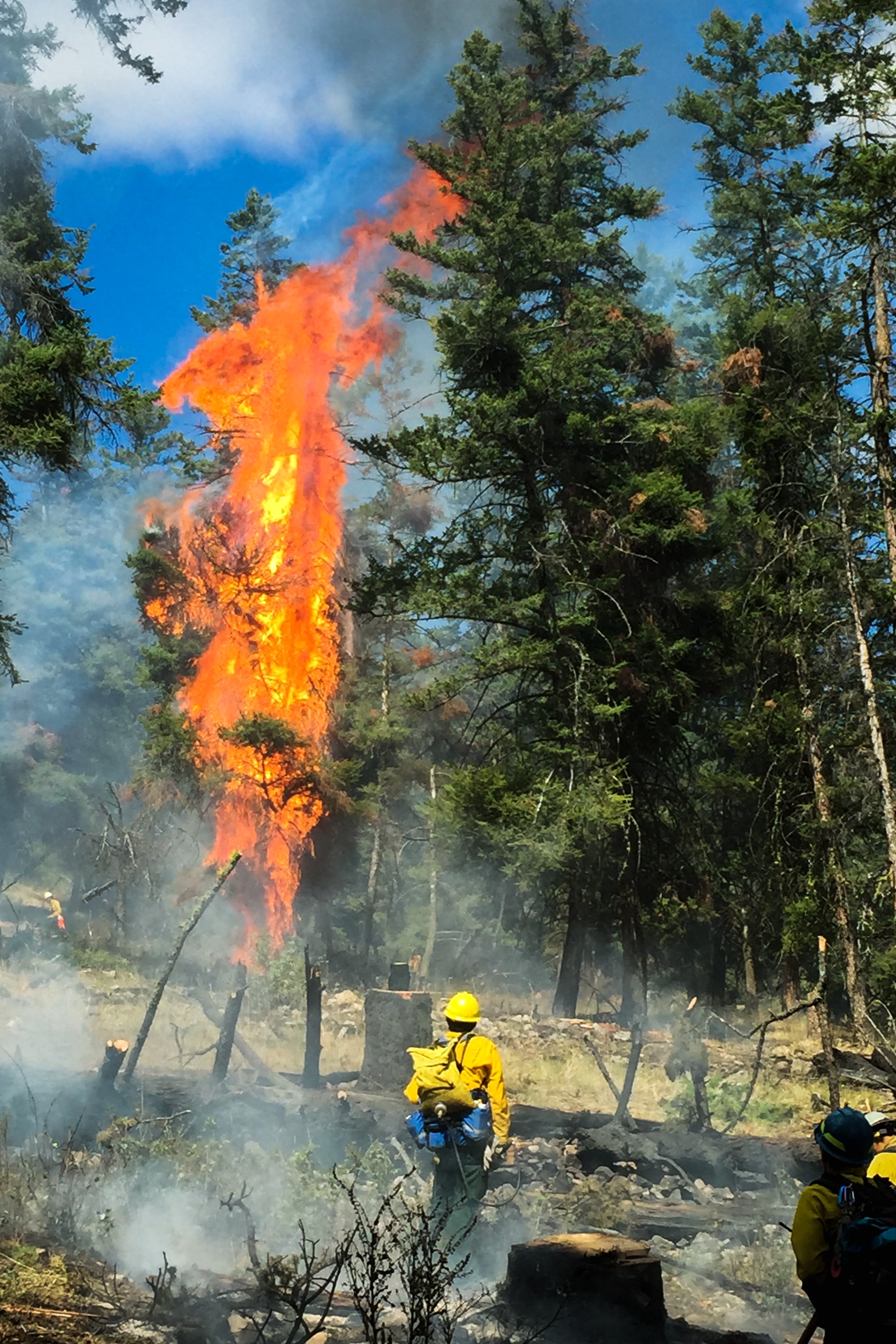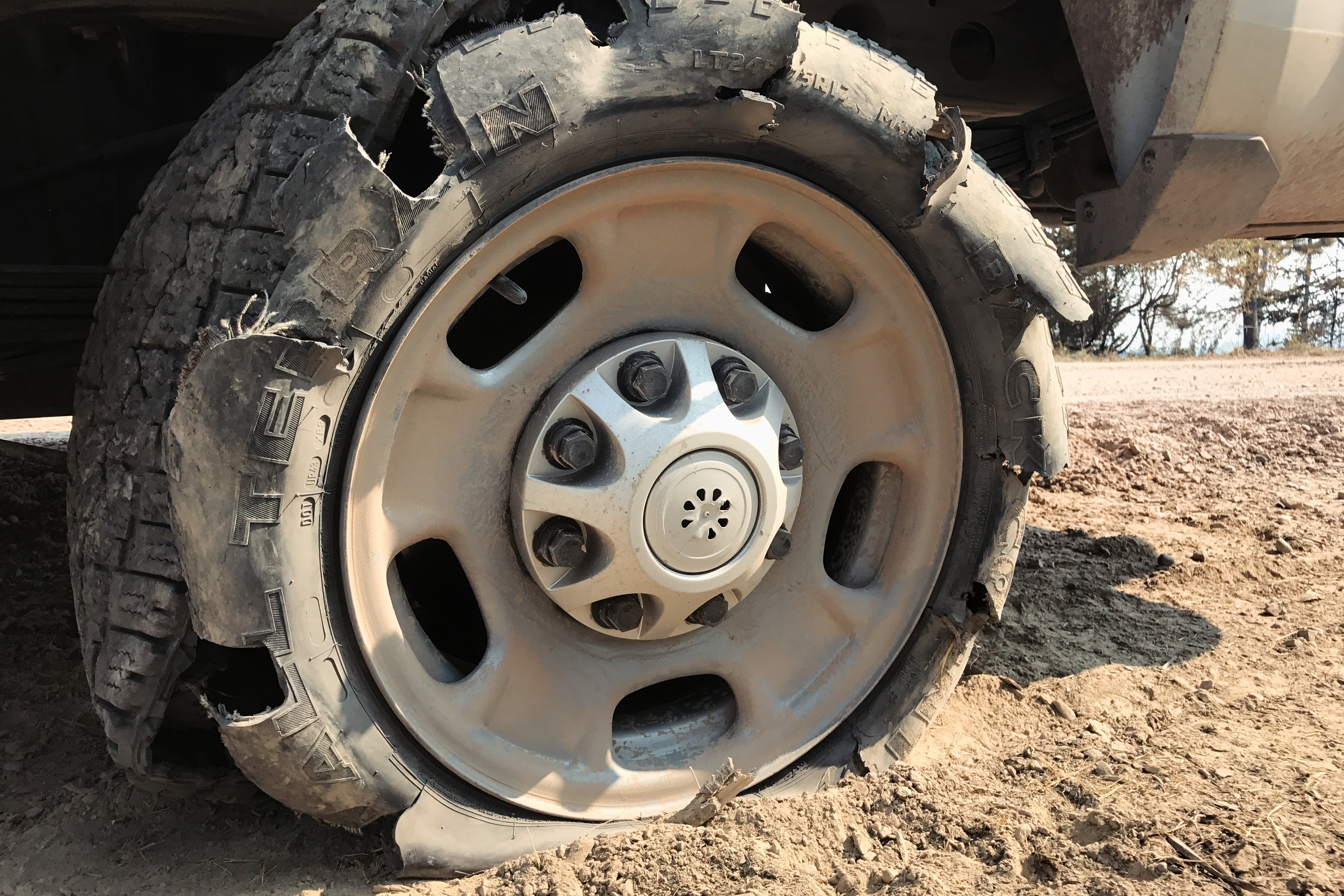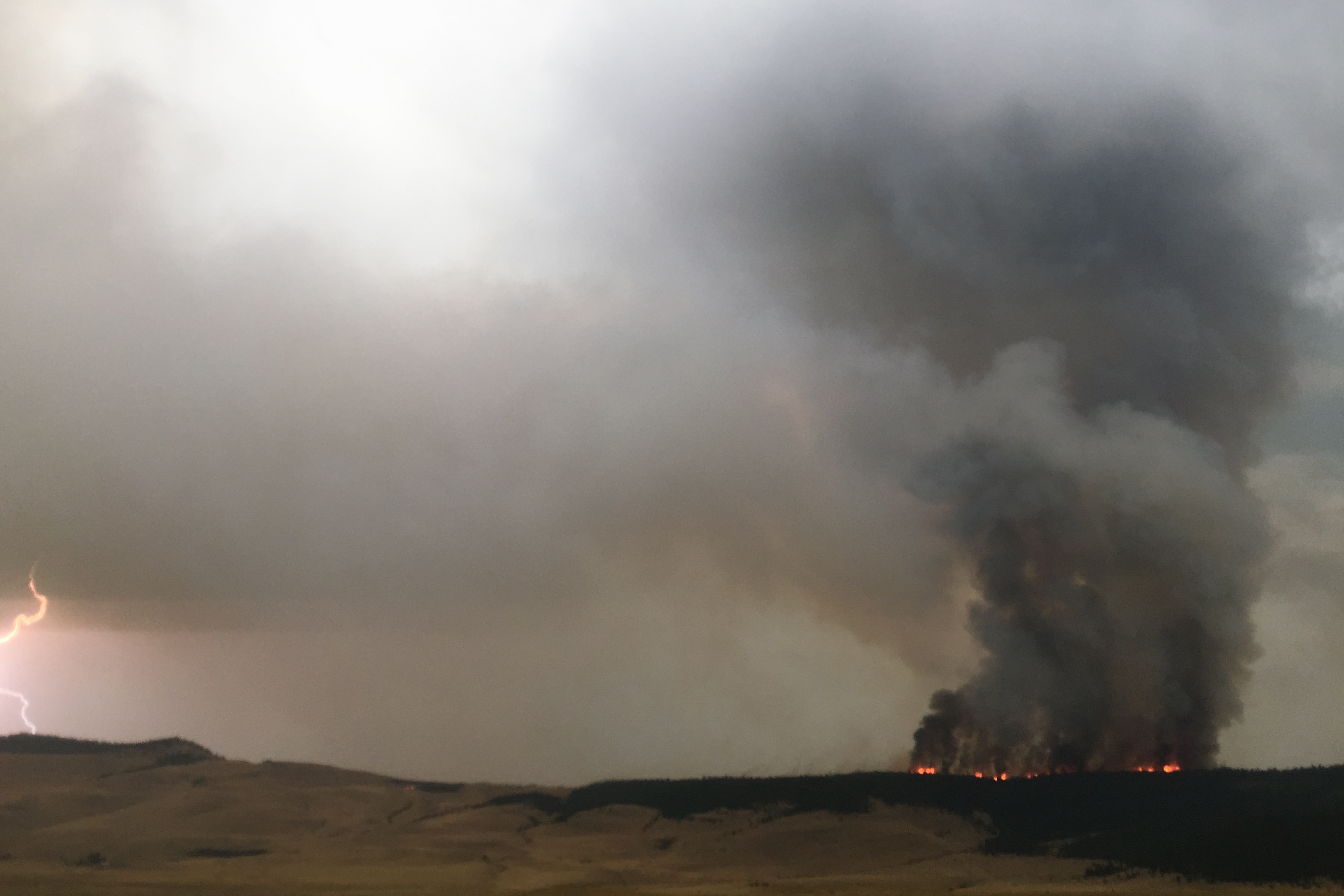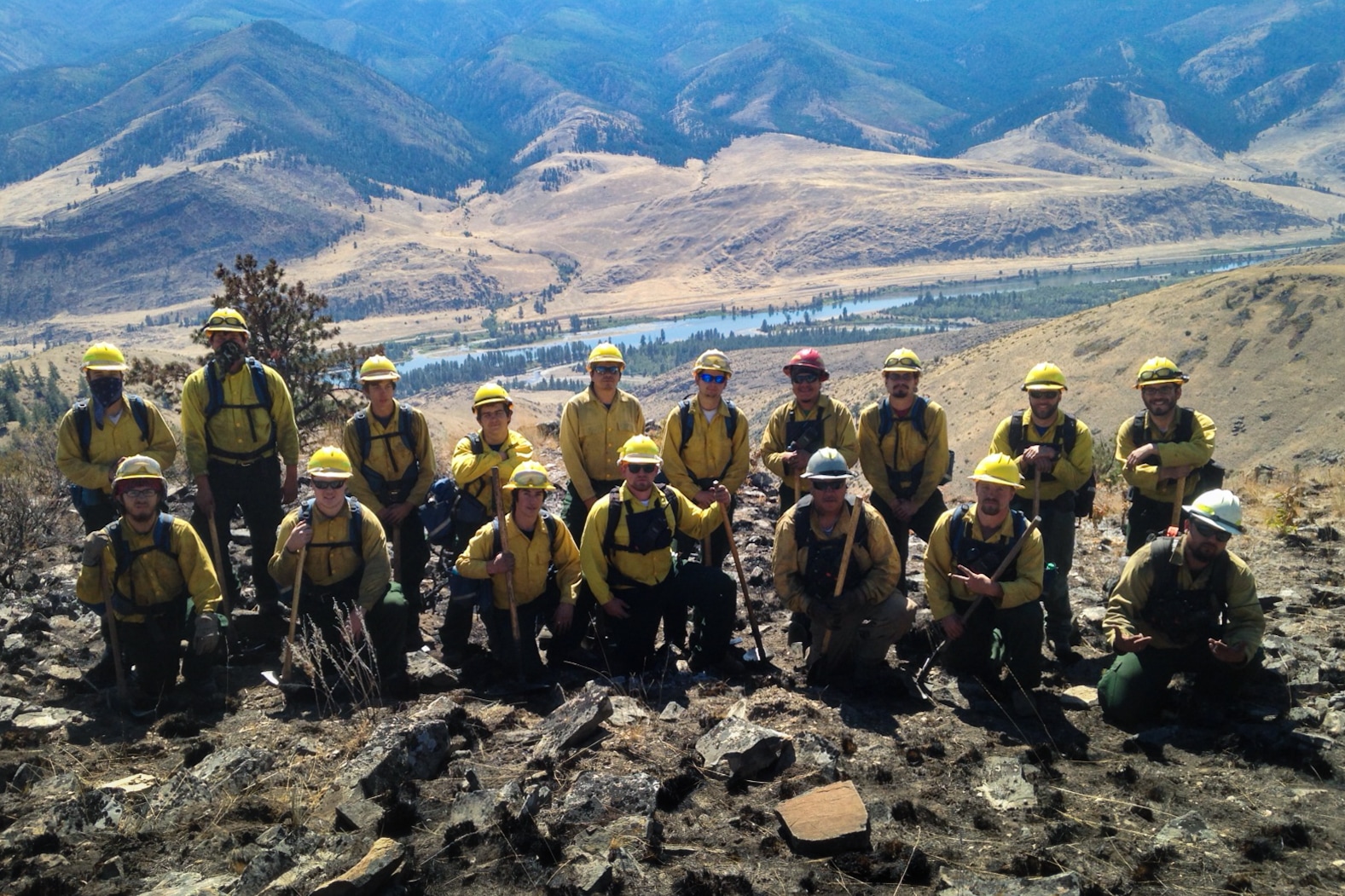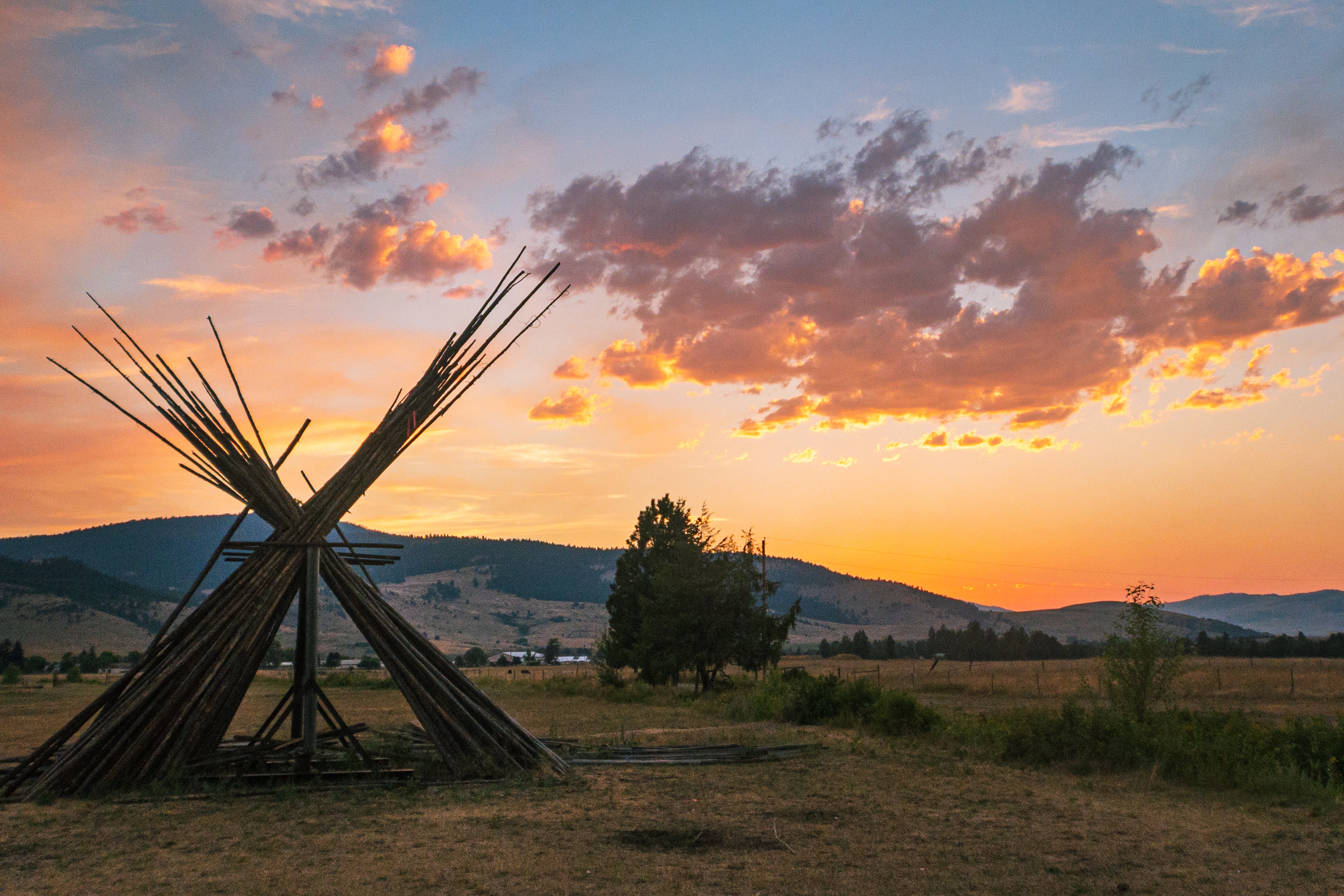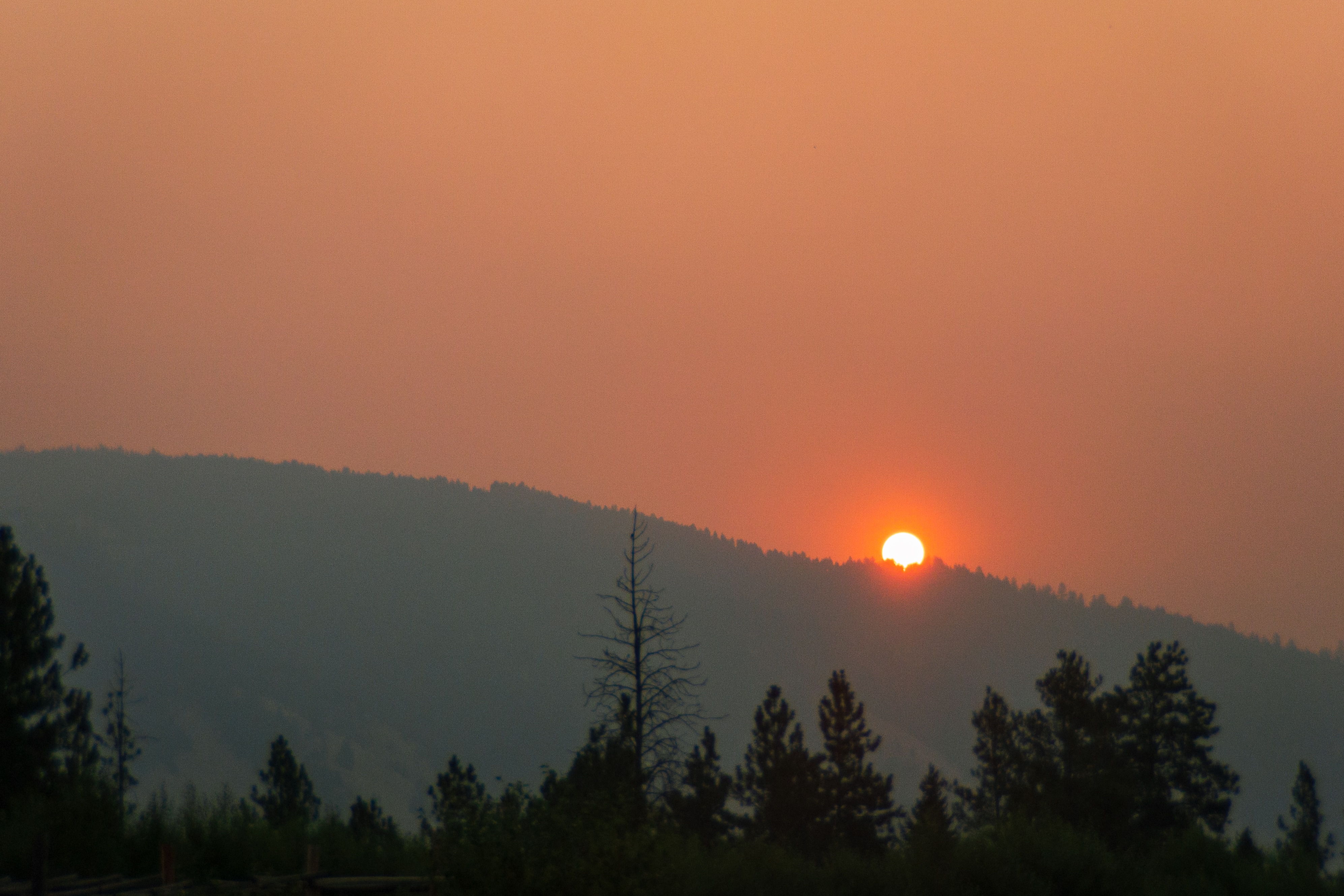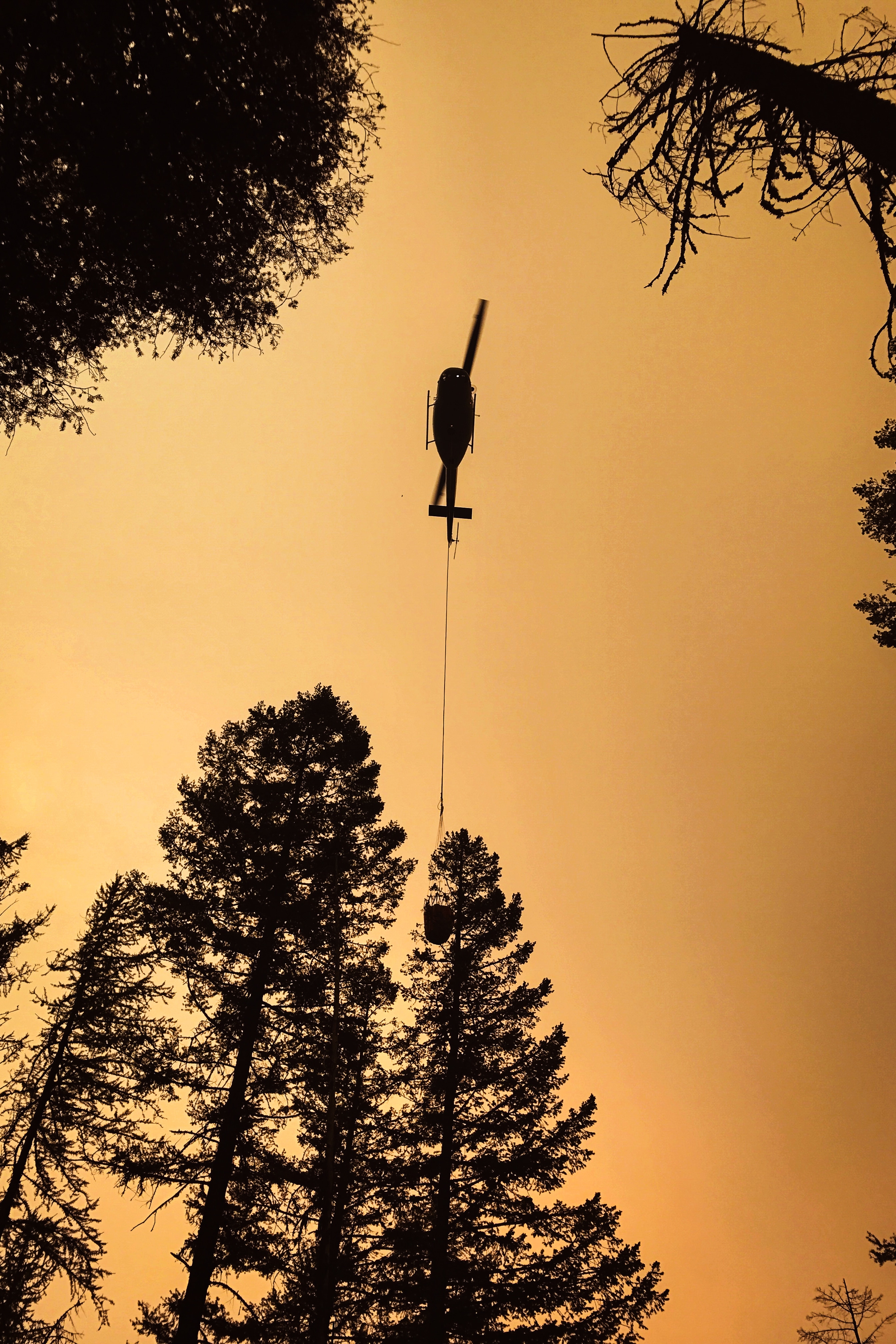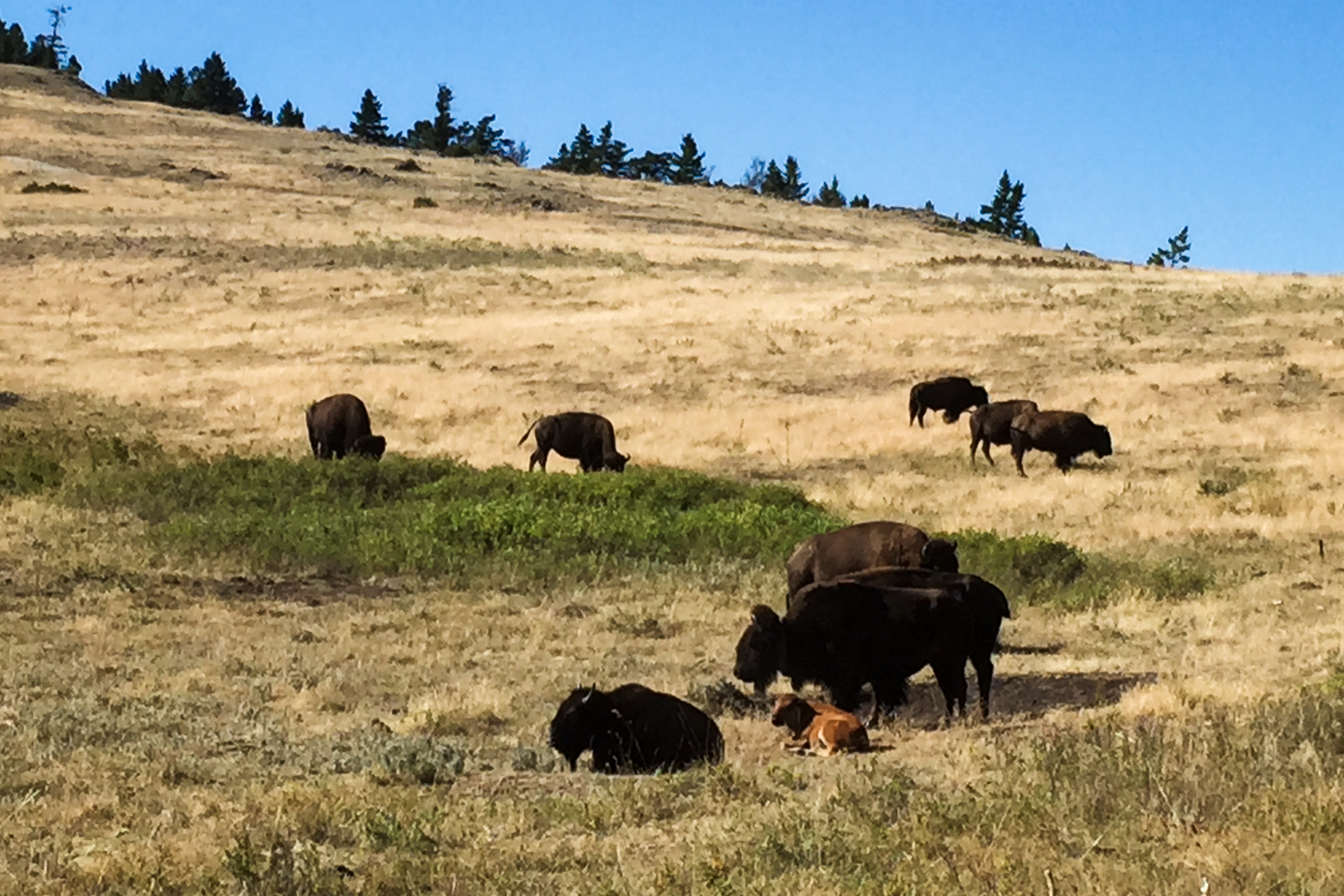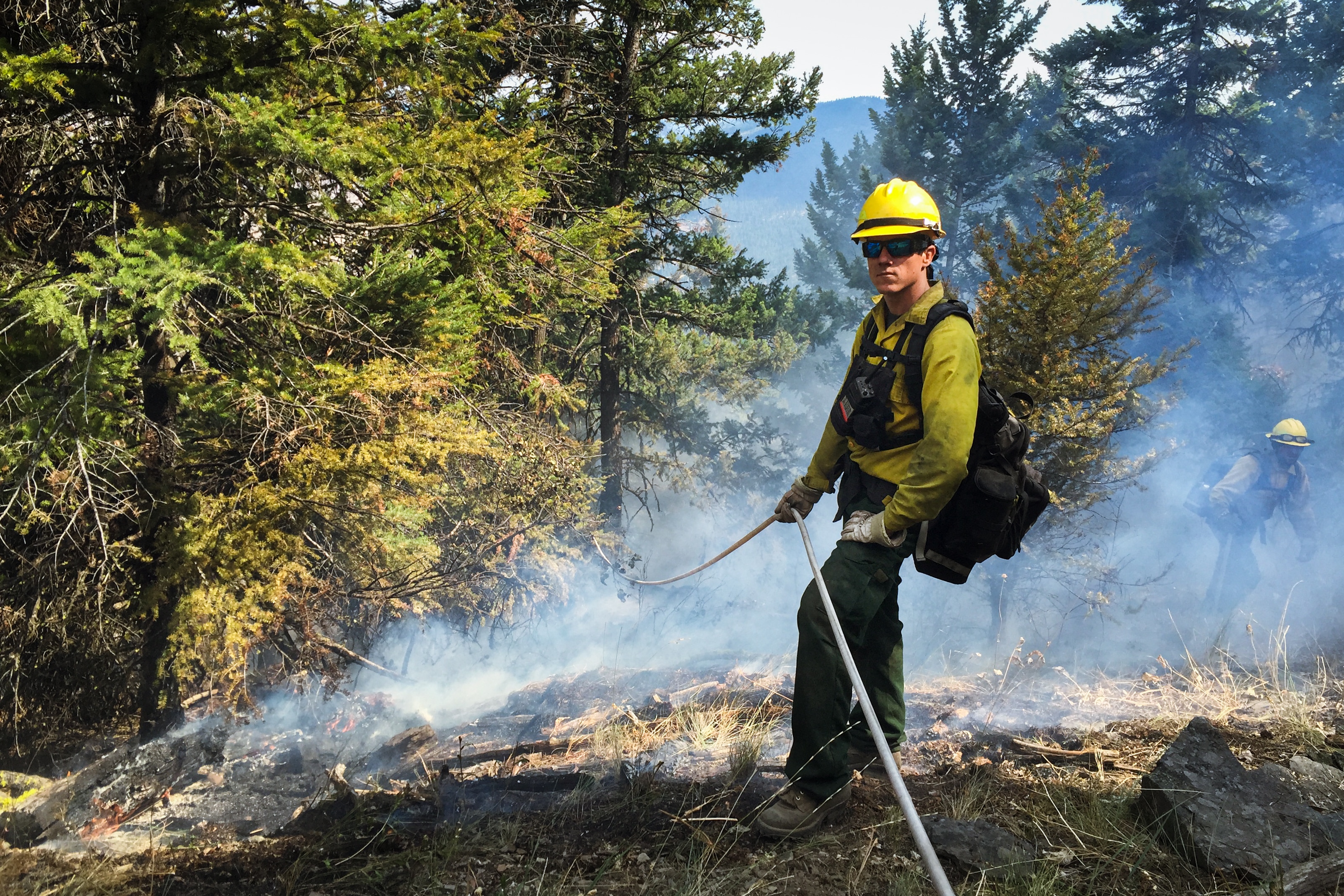Something unexpected happened today.
I was on my way out of the elementary school after having just helped a teacher with a technology problem, and a fourth grader saw me as he descended the stairs. “Hey Mario,” he says. “Our iPad’s aren’t working.”
“What’s wrong with them?”
“Me and Ashley can’t login. It says our passwords are wrong.”
“Okay,” I said. “Let me get to my computer and I’ll fix it.”
Resetting passwords is a normal part of my job, so I go to my computer, reset their passwords, and walk back toward the elementary school. I walk into the fourth grade classroom and let the teacher and kids know that I reset the passwords and all should be good. I also came into this classroom so I could ask the teacher to return a USB DVD drive I had let her borrow a few weeks before. I needed it to help solve the other teacher’s technology problem.
“Sure thing,” the teacher said, and she went toward her desk to retrieve it.
While she did this, one of the fourth graders was excitedly asking her teacher to ask me the questions they were talking about earlier. The teacher smiled and told them that if they had questions for me, now was the time to ask them.
I looked at the teacher quizzically, then back at the kids and said, “What questions? What’s going on?”
Some of the kids smiled and hid their faces, while others looked at me with their big, goofy grins. I had no idea what was going on, but I was very curious.
“C’mon,” the teacher said. “Now’s the time to ask Mario your questions.”
“What questions?” I asked again.
The teacher came back and gave me the DVD drive, and one of the kids asked me, “Is it true that you used to be a firefighter?”
Now I was the one smiling.
“Yeah, it’s true,” I said.
Then half the hands in the room went up in the air, all ready to ask me their questions.
“Is this okay?” I asked the teacher. She nodded her approval.
Some backstory: about a month ago, I had mentioned to this teacher that I used to be a wildland firefighter, something she didn’t know about me. My assumption is that she told her class this one day, and they all had questions they had wanted to ask me about it.
I picked on the shy girl that brought all this up in the first place.
“Were you ever scared?” she asked me.
I thought about it, and I said, “Yes, once. It was my third fire, and we were out on the mountain fighting this very tough fire, and we were still fighting it at around 8 or 9pm. Then, all of a sudden, the fire jumped the line we spent hours building, and the fire spread and burned over our only escape route. We then spent the next few hours lining the fire again, but by the time we finished, it was past midnight and everything was pitch black. We had no idea how to get back to our rigs, and all we had were our headlamps for light. Unfortunately, about half our crews (most of us were rookies) didn’t bring their headlamps or they weren’t working. It took us hours before we found our way back. That was the most scared I’ve ever been on a fire.”
I picked on someone else.
“What was the biggest fire you’ve ever been on?”
“The biggest fire I’ve ever been on was probably the Liberty Fire over by Arlee. It was tens of thousands of acres big, and it had hundreds of personnel on it.”
“How many fires have you ever fought?” another kid asked.
“Oh man, I don’t know. At least fifty, but probably more. At some point, they all become a blur.”
“Did you ever save any animals who were by the fire?”
I smiled and said, “No, I’ve never saved any animals out there. Animals are very smart, and they’re not going to stick around when their homes are on fire.”
And on it went for a good twenty minutes or so. It was the most unexpected and the most adorable thing I have ever been a part of.
At the end, as I walked out of the classroom, I must’ve had the silliest smile on my face because I ran into another teacher, and she asked me what my smile was about. So I told her. “You probably inspired a lot of future firefighters by answering their questions.”
“I didn’t think of that,” I said. And that made me feel proud.
The picture above is of this class during homecoming week earlier this year. Many of these kids have been the subject of some of my earlier kids these days posts. These kids are growing up so. damn. fast!
I’m so privileged to watch them grow up. Sometimes I really love my job.
